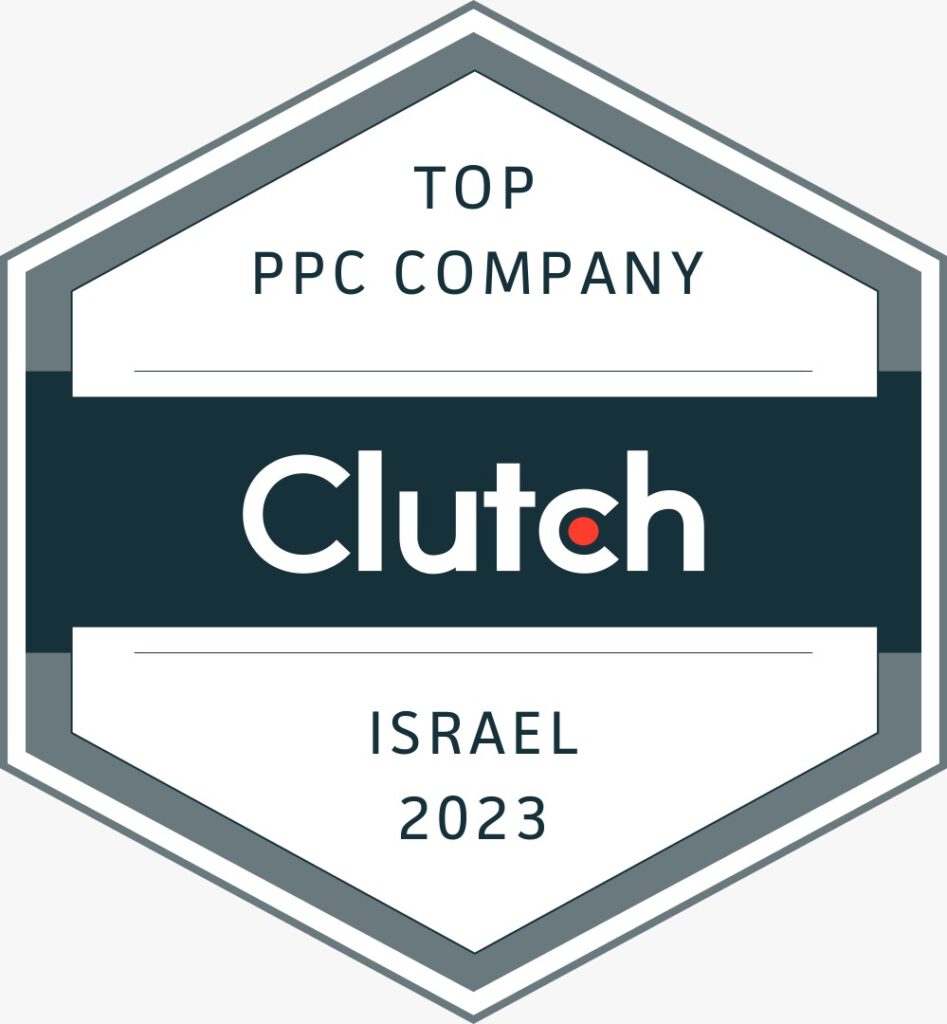Pay-per-click (PPC) advertising is a great way for small businesses to reach a targeted audience without breaking the bank. Unlike traditional advertising methods, with PPC advertising, you only pay when someone clicks on your ad. While it can be tempting to let a PPC agency handle your advertising needs, many small businesses simply don’t have the budget for this type of expense. But don’t worry, with a little time and effort, you can develop and implement an effective PPC strategy on your own.
Here are some of the best PPC practices for small businesses that don’t have the budget to hire a PPC agency:
Choose the Right Platform
The first step in setting up a successful PPC campaign is choosing the right platform. Google Ads is the most popular platform for PPC advertising, but it’s not the only one. Other platforms include Bing Ads, Yahoo Gemini, and Facebook Ads. Depending on your target audience, you may want to consider using multiple platforms to reach your desired market.
Define Your Target Audience
Before you start running any PPC ads, you need to know exactly who your target audience is. This means understanding the demographics, behaviors, and interests of your ideal customer. This information will help you create more effective and targeted ads.
Create Relevant Ads
Once you have a clear understanding of your target audience, it’s time to create your ads. The key to creating successful PPC ads is relevance. Your ads should be highly relevant to the keywords you’re targeting and the content on your landing page. Your ad copy should clearly communicate the value of your product or service, and why your audience should choose you over your competitors.
Use Long-Tail Keywords
Long-tail keywords are a great way to reach a highly targeted audience without breaking the bank. These are specific, highly targeted keywords that are less competitive and cost less per click. By focusing on long-tail keywords, you’ll be able to reach a more targeted audience, which will result in higher conversion rates and a lower cost per acquisition.
Utilize Negative Keywords

Negative keywords are keywords that you don’t want your ads to show up for. By adding negative keywords to your campaign, you’ll be able to exclude keywords that are not relevant to your business. This will help you avoid wasting money on clicks from people who aren’t interested in your products or services.
Monitor Your Performance
Once your PPC campaign is up and running, it’s important to monitor its performance. This means keeping track of your click-through rate, conversion rate, and cost per click. By tracking your performance, you’ll be able to see what’s working and what’s not. This will allow you to make necessary changes to your campaign and optimize it for better performance.
Test, Test, Test
One of the best ways to improve the performance of your PPC campaign is by testing. Test different ad copy, different keywords, and different landing pages to see what works best. By continually testing and optimizing your campaign, you’ll be able to improve its performance and get more bang for your buck.
In conclusion, PPC advertising is a great way for small businesses to reach a targeted audience without breaking the bank. By following these best practices, you’ll be able to create a successful PPC campaign without the need for a PPC agency. Just remember, it takes time and effort to create a successful PPC campaign, so be patient and keep testing and optimizing until you get the results you’re looking for.













